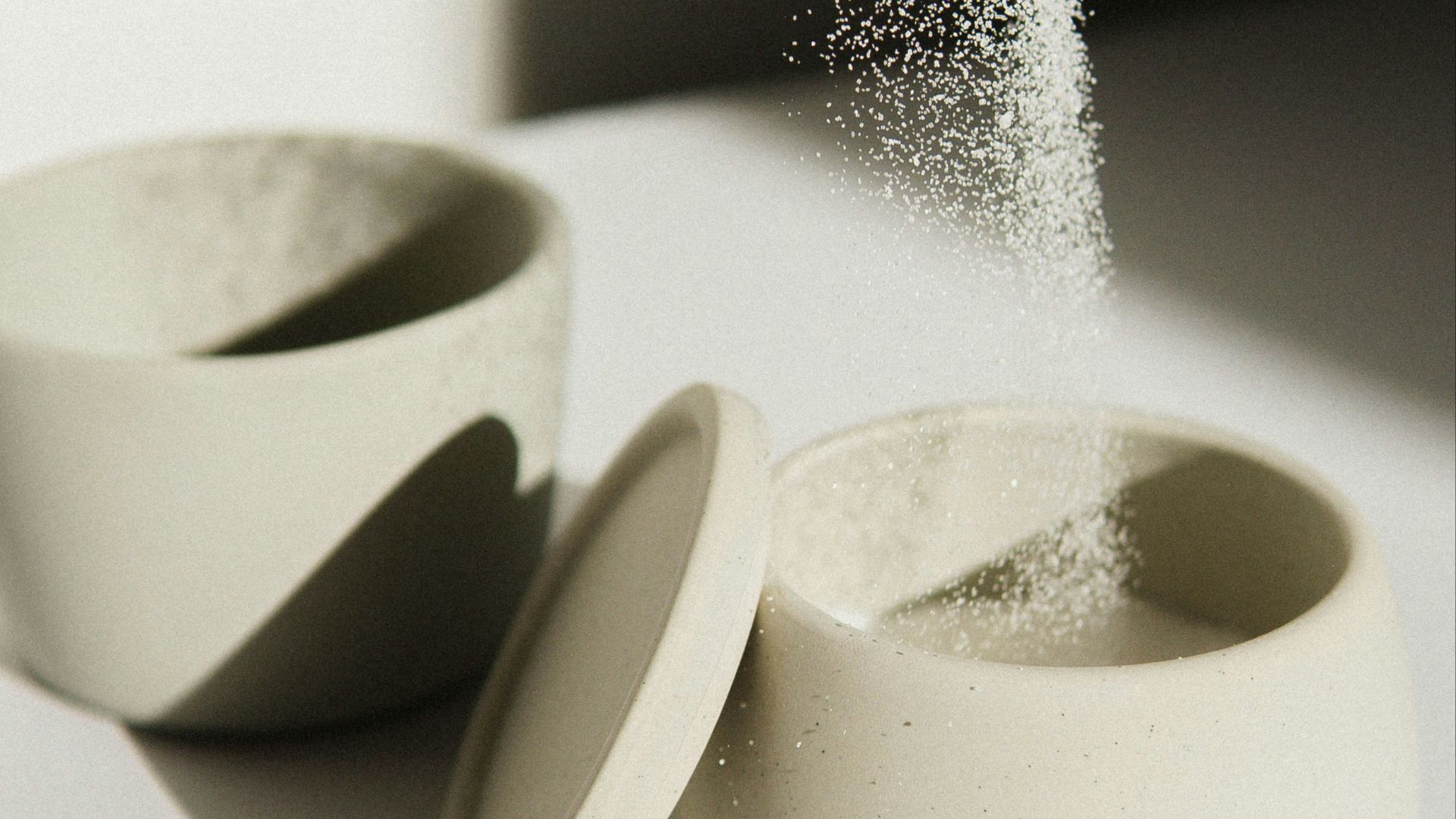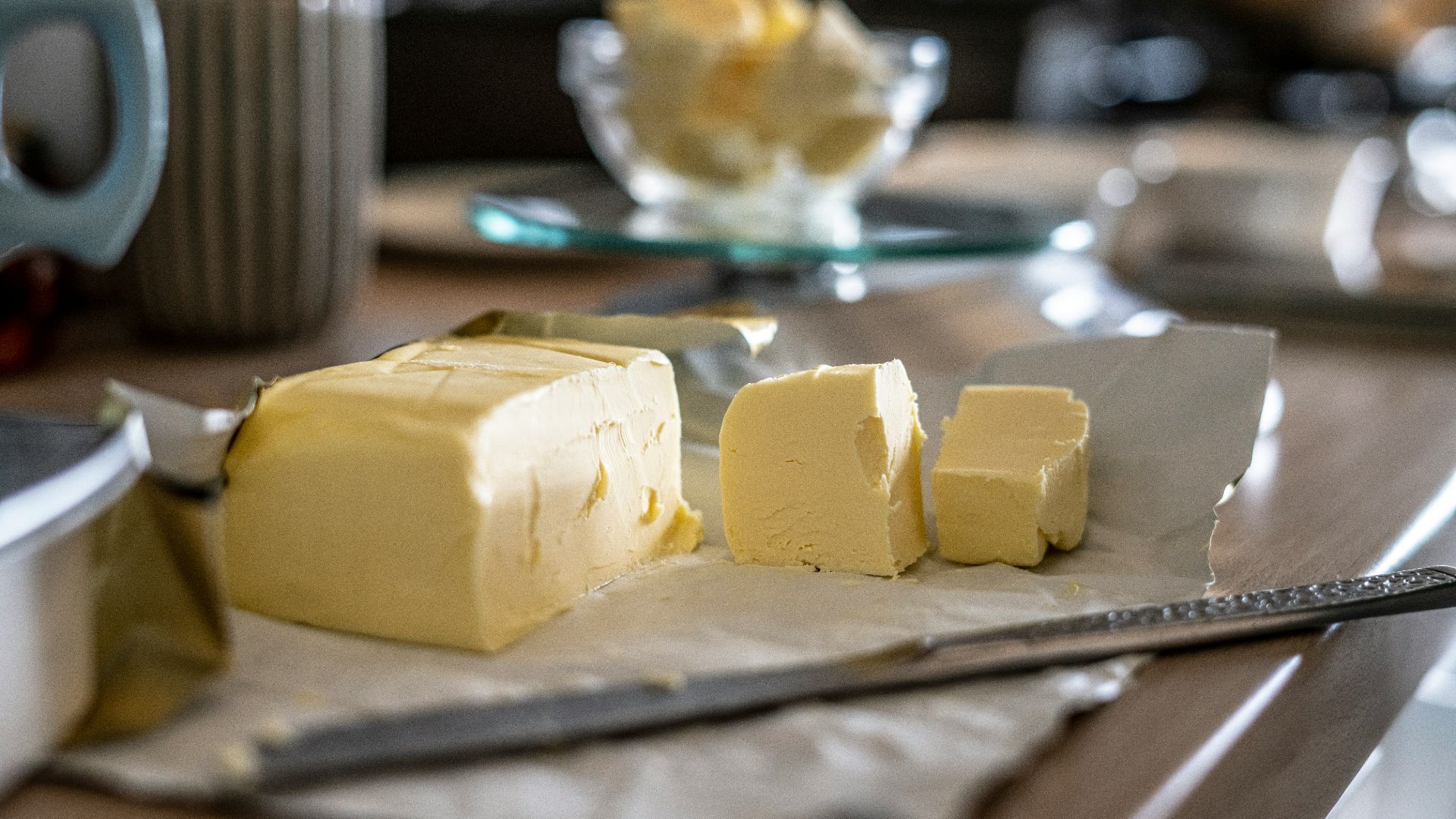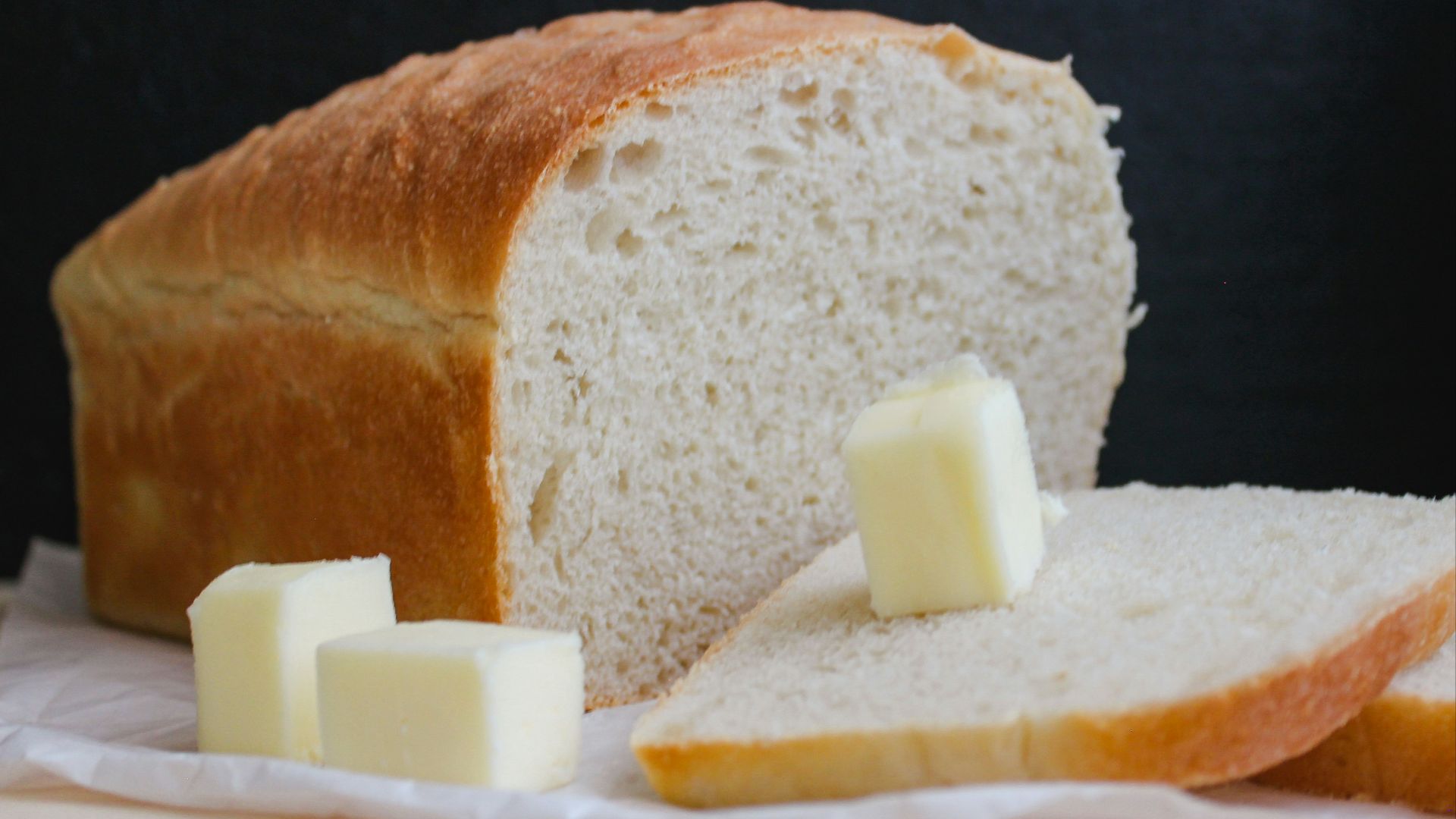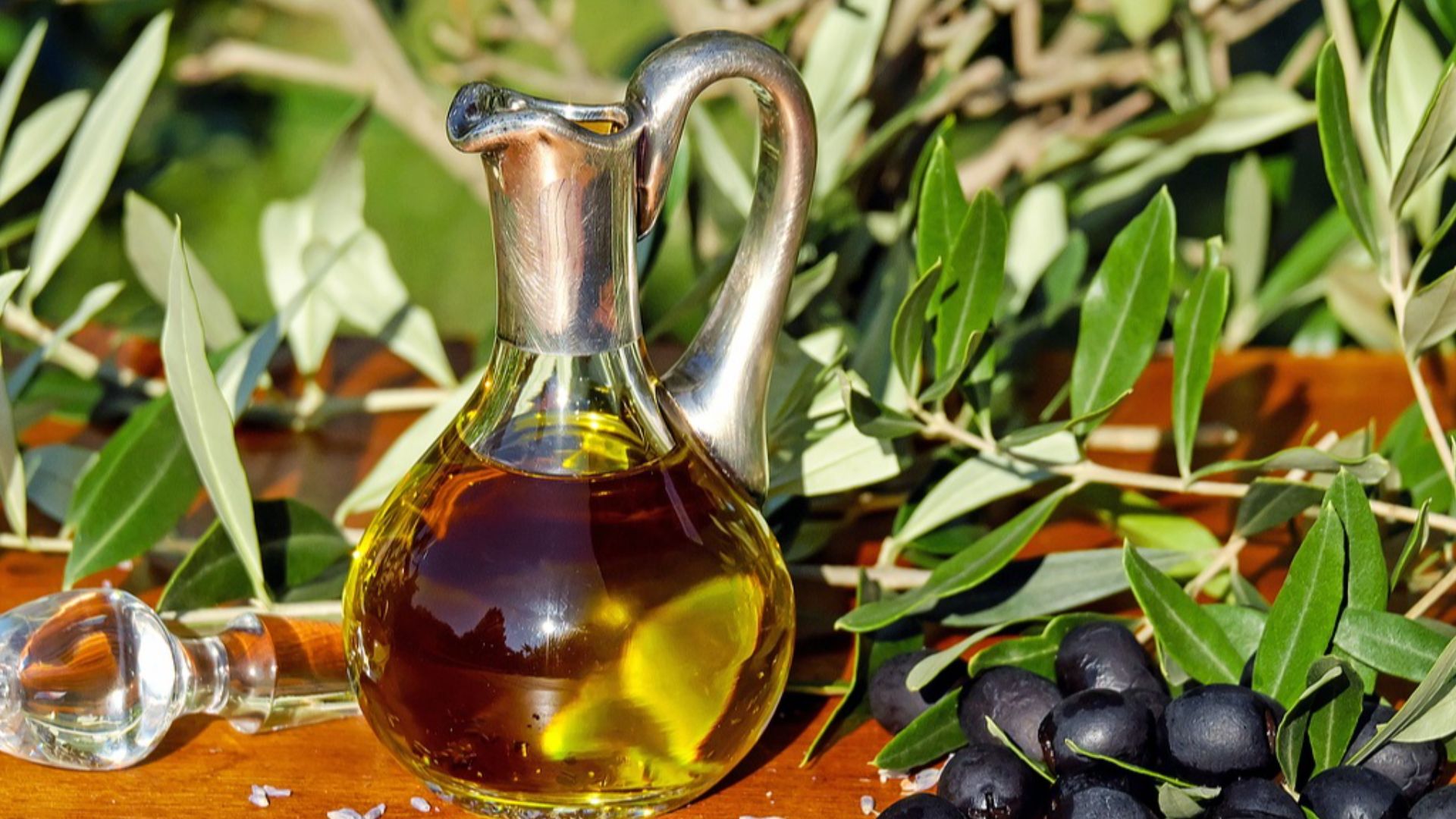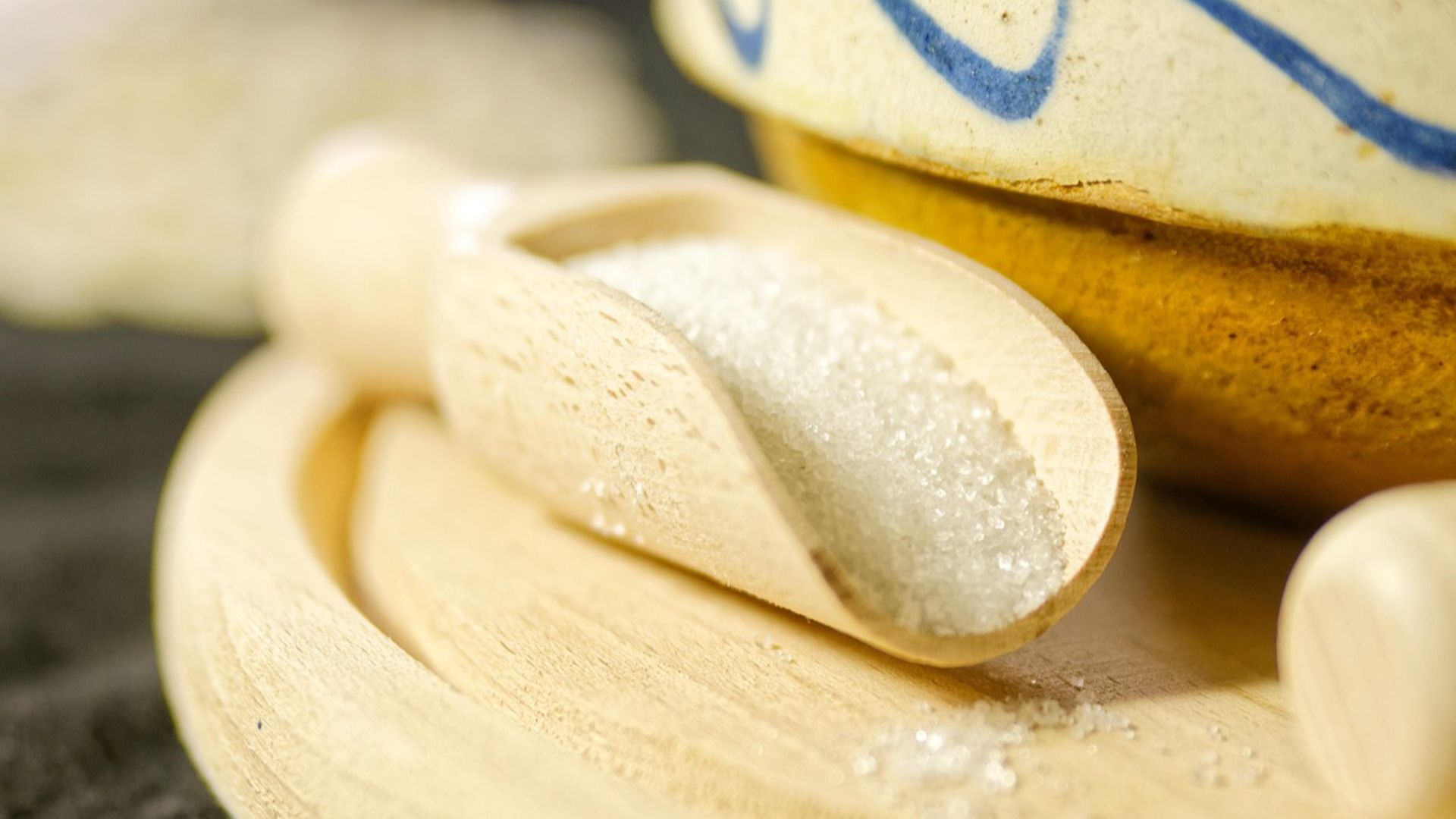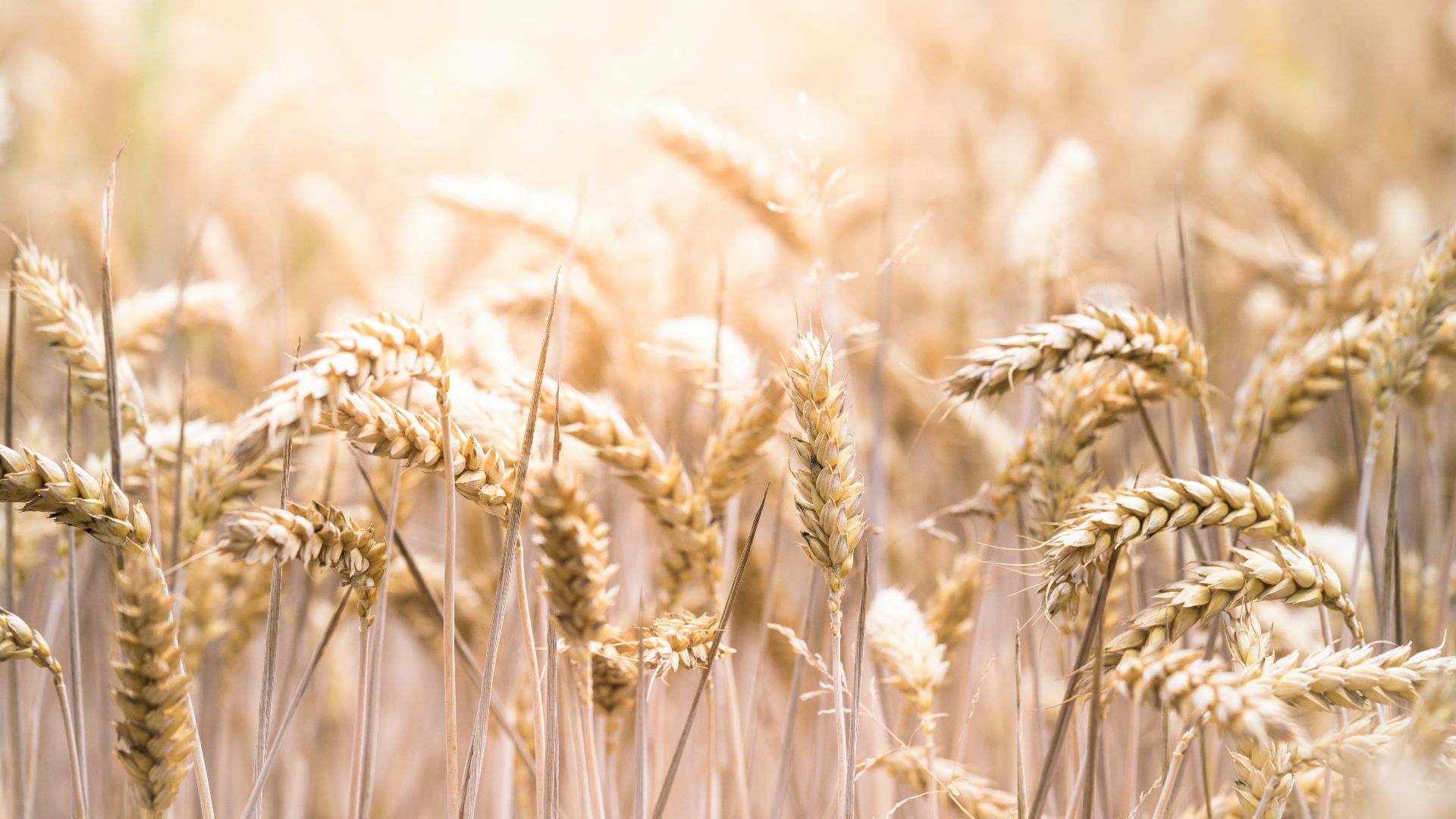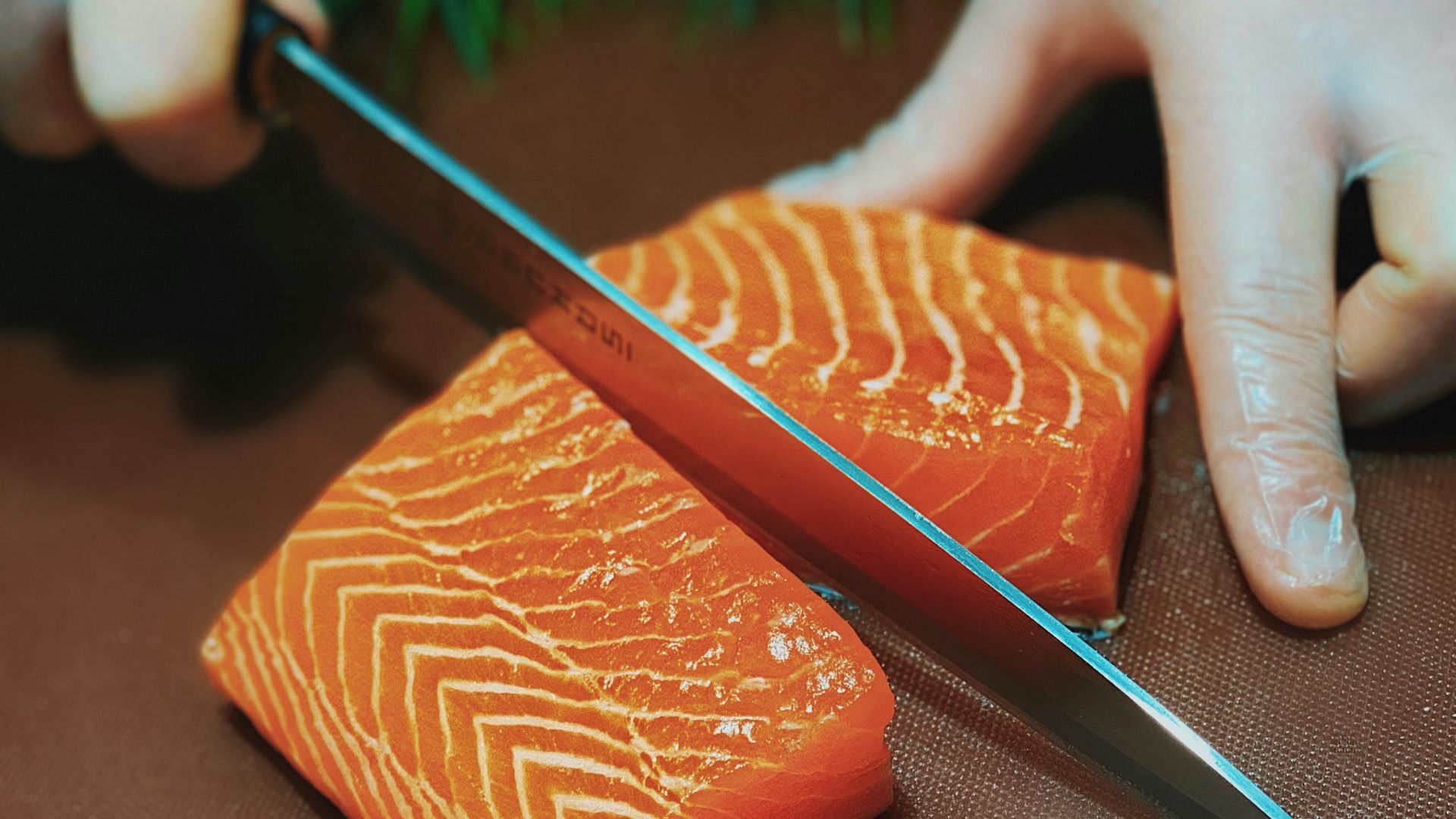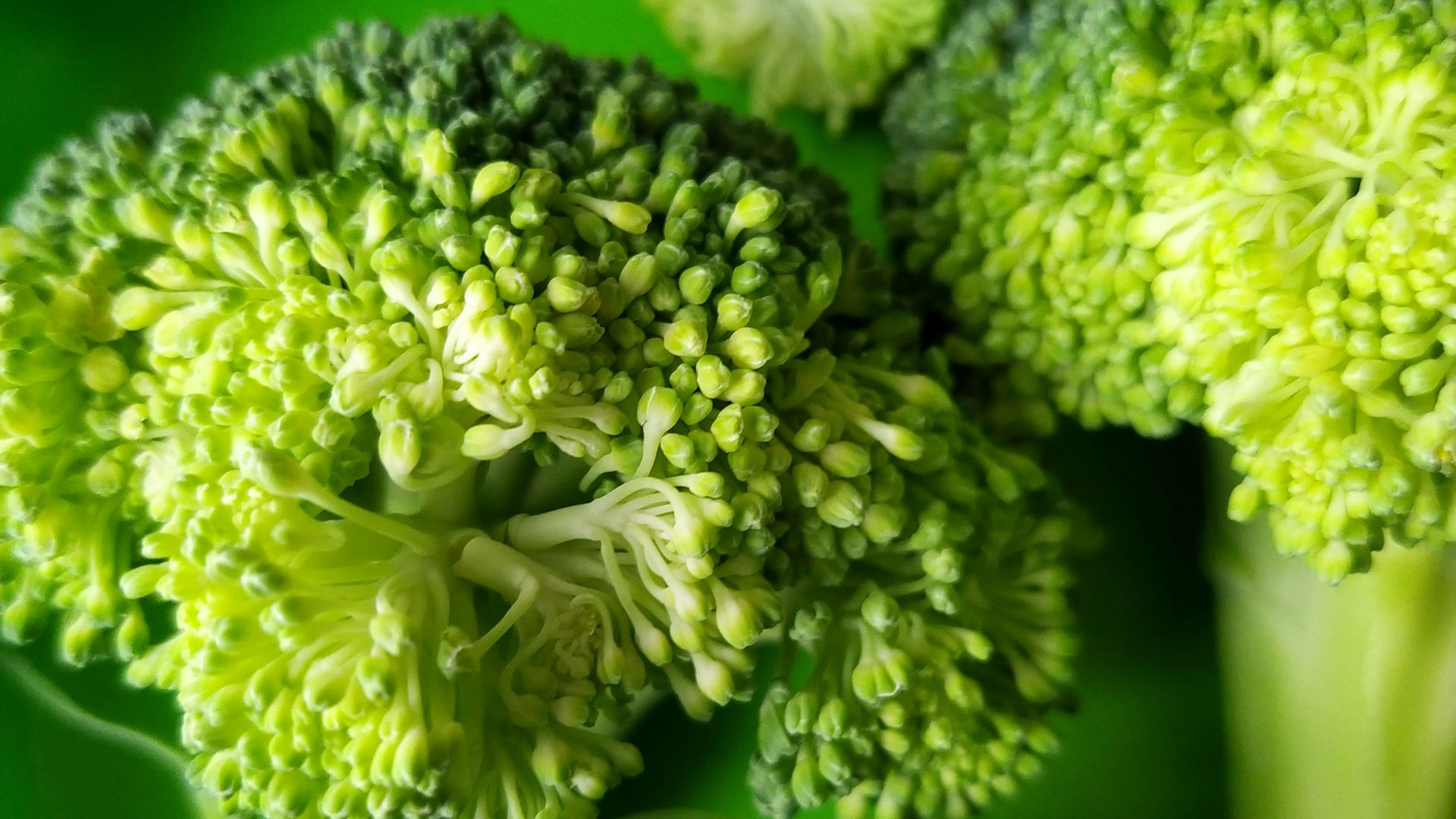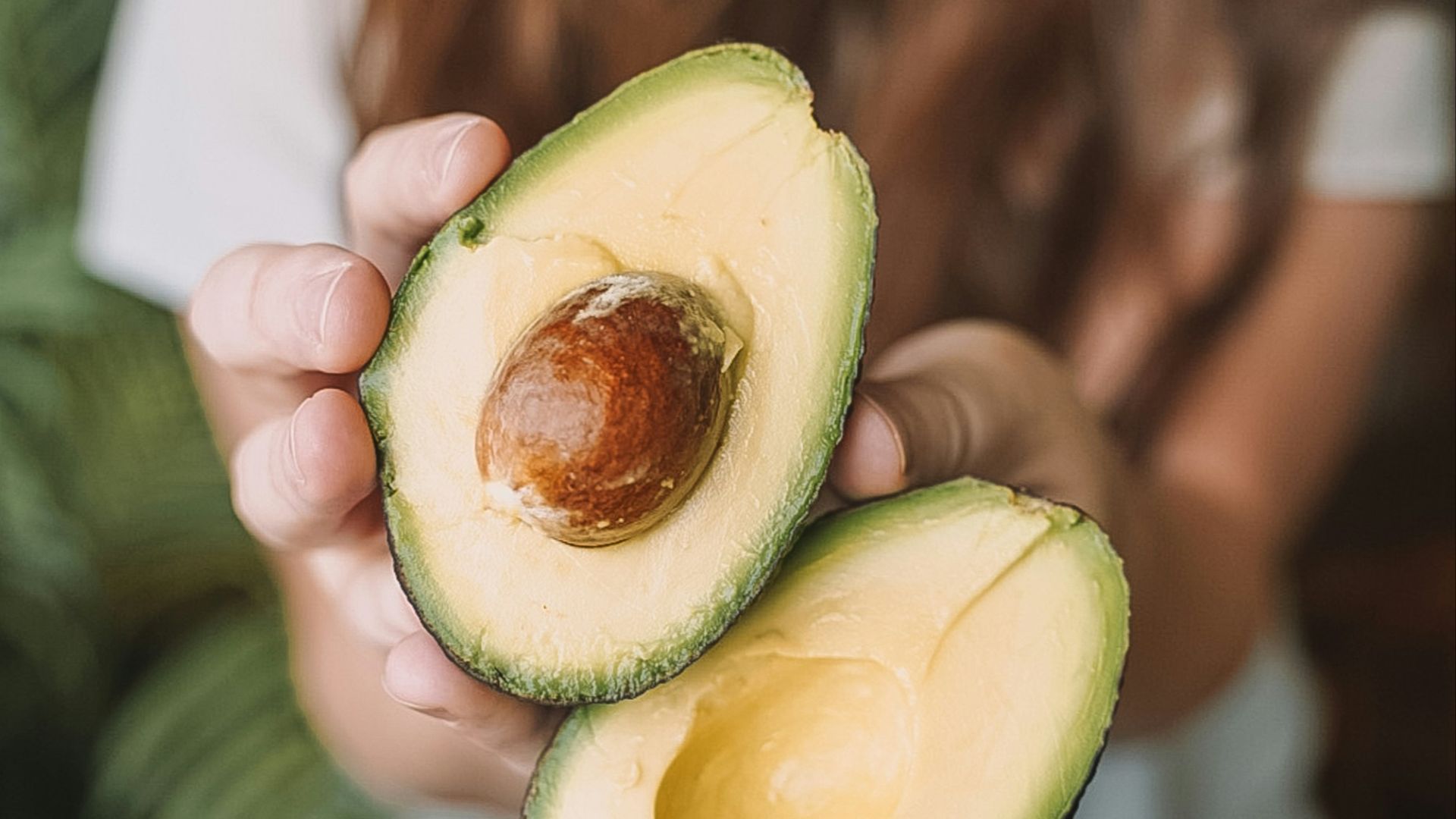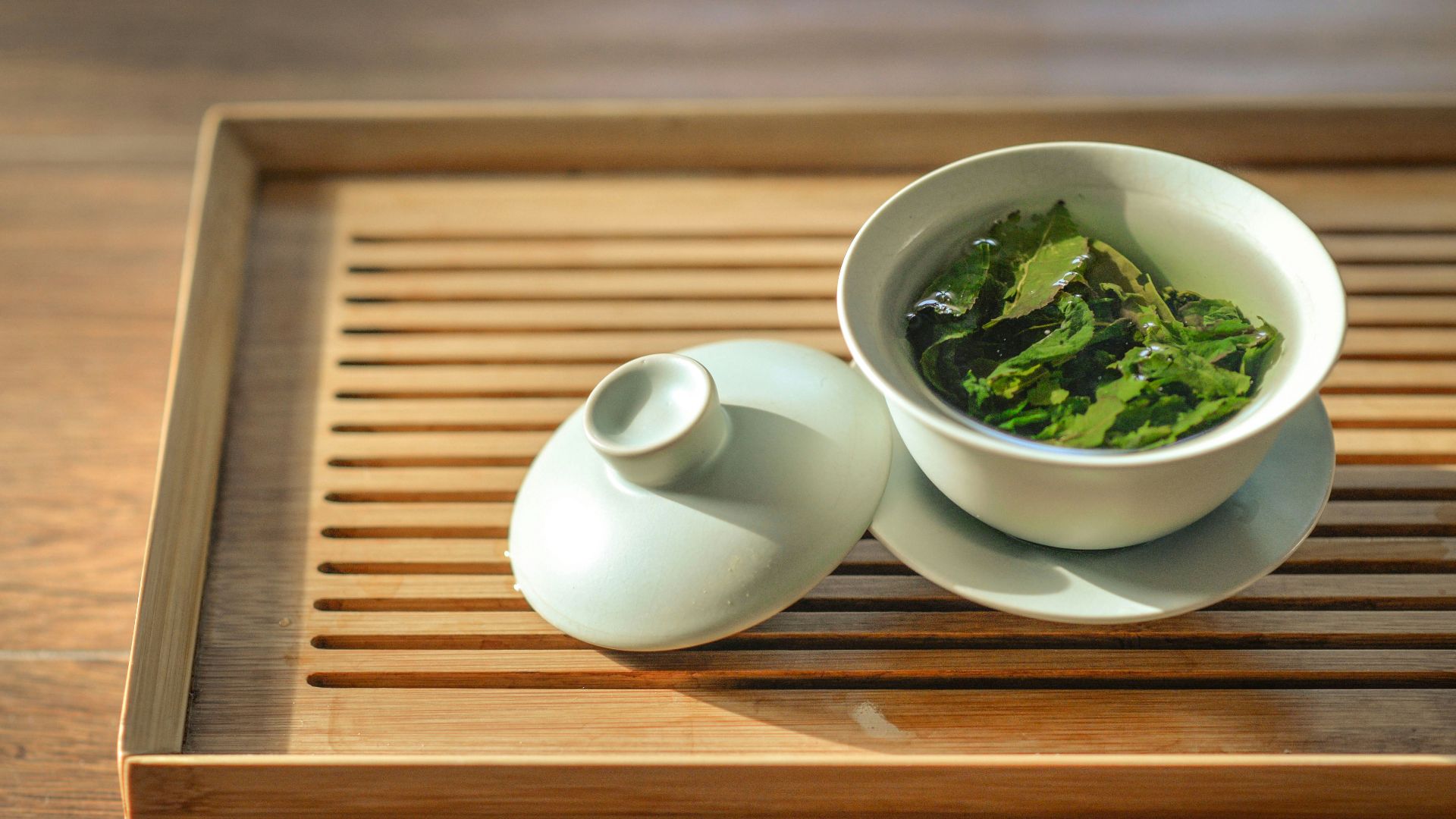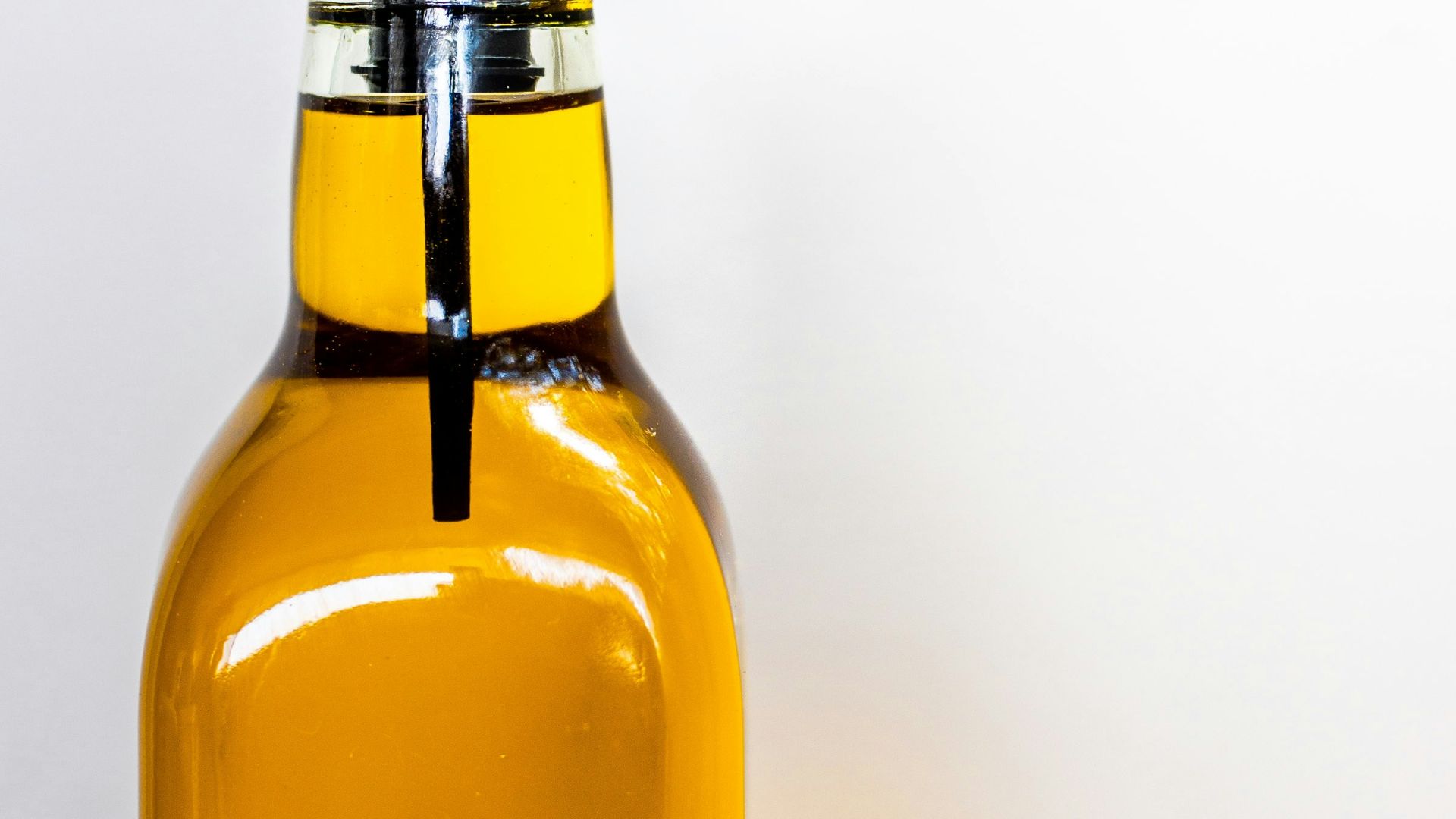10 Foods That Are Highly Inflammatory & 10 That Are Anti-Inflammatory
Inflammation Is Dangerous
Remember, as you get older, you should always be putting your health first. And to make sure you're doing it right, you need to learn about different foods that harm your body and which ones benefit it. For those of you particularly concerned about inflammation which can lead to plenty of health complications, this list is for you.
1. Sugar and High-Fructose Corn Syrup
Sometimes, the most dangerous foods are the ones that hide in places you'd least expect. A good example of this? Sugar and high-fructose corn syrup. These two ingredients are found in many foods, and when consumed in large quantities, it can really increase your inflammation. This only contributes to insulin resistance and an increased risk of several chronic diseases.
2. Artificial Trans Fats
When have you ever heard something good about trans fats? While this likely isn't anything new for you, you might not have known that artificial trans fats are notorious for causing inflammation in the body. Found in everything from fast food to baked goods and some margarines, these unhealthy fats will only put harm on your body. Increased bad cholesterol levels, diabetes, and obesity are all potential increased risks.
3. Refined Carbohydrates
You might not want to hear that your favorite refined carbs like white bread or pasta are highly inflammatory, but the truth is in the pudding. Because these foods are stripped of their fiber and nutrients, all it does is spike your blood sugar levels and worsen your gut health. As a result, these goodies tend to increase inflammation and other risks when eaten without moderation.
4. Processed Meat
Yes, processed meats including bacon and sausages are not the healthiest foods on the planet. Not only are they high in plenty of unhealthy fats, their additives are also terrible for your body and inflammation. These meats, though delicious and hard to resist, have been linked to several diseases including heart disease and cancer. You definitely want to stay away from processed meats as best as you can if you want to watch out for your wellbeing.
5. Excessive Alcohol
There are plenty of consequences when it comes to drinking too much alcohol, but while you might be worried about the hangover you'll get the next day, there's something even more serious to consider. Excessive drinking has been linked to inflammation, liver damage, and so much more. And as we know, inflammation is dangerous for multiple parts of your body, not just the liver which is already so important.
6. Vegetable and Seed Oils
While researchers are still trying to get a better idea of the risks, the current concern is that certain vegetable and seed oils are high in omega-6 fatty acids which can cause inflammation. At the end of the day, it's all about intake. Having too much of anything is never good for you, and many believe that adding too much omega-6s to your diet has potential dangers.
7. Fried Foods
It shouldn't come as a surprise to you that fried foods are not good for your health in various ways. Not only are these unhealthy foods, like fries, fried chicken, and donuts, cooked in so much bad oil that already contribute to inflammation, but they're also loaded in trans fats, omega-6 fatty acids, and much more. We know they taste delicious, but cutting back is for the sake of your own health - you don't want to risk chronic diseases.
8. Artificial Sweeteners
Artificial sweeteners and their potential health risks always seem like they're up for debate. And sure, while they might be "calorie-free," it doesn't mean there aren't any consequences. Many studies are currently trying to uncover just how badly artificially sweeteners affect the body and cause inflammation. The research is still ongoing though!
9. Dairy Products
Dairy products like milk and yogurt aren't inherently highly inflammatory foods, this one is more specific to those with lactose intolerance or dairy sensitivities. That's because inflammation can be triggered when dealing with digestive symptoms like stomach pain, cramps, or diarrhea.
10. Gluten-Containing Grains
If you're someone with celiac disease or have a gluten sensitivity, it's highly recommended that you avoid gluten-containing grains as best as you can. Anything from wheat to barley and rye can be surprisingly inflammatory for these individuals. It'll cause inflammation not just in your gut, but can spread throughout the body too!
1. Berries
Berries may be small in size but don't count them out just yet! These mighty little warriors are packed with loads of health goodies like antioxidants, vitamins, and minerals. They even contain compounds called anthocyanins which are said to reduce inflammation and risks of other diseases. So go on, enjoy these delicious fruits by the handfuls!
 Susanne Jutzeler, suju-foto on Pexels
Susanne Jutzeler, suju-foto on Pexels
2. Fatty Fish
Salmon, mackerel, sardines, and anchovies are all examples of fatty fish that are loaded with healthy omega-3 fatty acids. These have amazing anti-inflammatory effects and work for your body, not against. Not only will they help reduce inflammation, they even promote heart health! So why not serve up some fatty fish for dinner?
3. Broccoli
These tree-looking vegetables might not be everyone's favorite, but they're staples when it comes to healthy eating. Broccoli is a cruciferous vegetable that comes with plenty of antioxidants and nutrients. They even contain one called sulforaphane which is known to help fight against inflammation! Adding broccoli to your diet is a stress-free way to load up on all these benefits.
4. Avocados
The trendy fruit everyone keeps talking about, avocados don't just taste good on toast, they come rich with heart-healthy fats, potassium, fiber, and much more. This highly anti-inflammatory food is a such an easy ingredient to add to your meals to reap the benefits.
5. Green Tea
Green tea has become a bit of a craze on social media, and that's a good thing because this is one drink that's often celebrated for its health benefits! Known for helping to reduce inflammation thanks to its many antioxidants and compounds, sipping on a cup during the day won't just help you relax, it's benefitting your body too.
6. Turmeric
With its bright, vibrant color, you shouldn't be scared of this amazing ingredient, you should be incorporating it into your diet even more! Turmeric is an anti-inflammatory spice that's been praised for decades. Thanks to one of its ingredients, curcumin, its anti-inflammatory benefits are unmatched.
7. Extra Virgin Olive Oil
Yes, not all oils are always bad for you! Extra virgin olive oil has always been known for its many health benefits, including its great anti-inflammatory properties. Thanks to its antioxidants, it won't just help reduce inflammation in your body, but many other potential diseases too like cancer and arthritis. So go on, use this healthy oil in your cooking!
8. Dark Chocolate and Cocoa
People sometimes get confused learning that chocolate can be good for you, but remember, it's dark chocolate with at least 70% cocoa. So forget about those insanely sweet milk chocolate bars! But if you eat dark chocolate in moderation, you'll get to enjoy their many antioxidants that help reduce inflammation.
9. Tomatoes
Tomatoes don't just taste great as pasta sauces, they're nutritional powerhouses that come with everything like vitamin C, potassium, and anti-inflammatory properties. Lycopene deserves a special shout out here, for being such a powerful antioxidant that doesn't just reduce inflammation, but also works to protect you from other diseases.
10. Cherries
Last but not least, turns out one of your favorite post-dinner snacks comes with massive health benefits. Along with berries, cherries are another fruit that come loaded with anti-inflammatory compounds that lower disease risks and reduce inflammation. They even come with tons of fiber, calcium, and potassium!
KEEP ON READING

What Exactly Is Figgy Pudding? A Christmas Conundrum

Foods That Help Manage Depression

The Dark Economics Behind the "$5 Meal Deal"

How Fast Food Became More American Than Apple Pie




